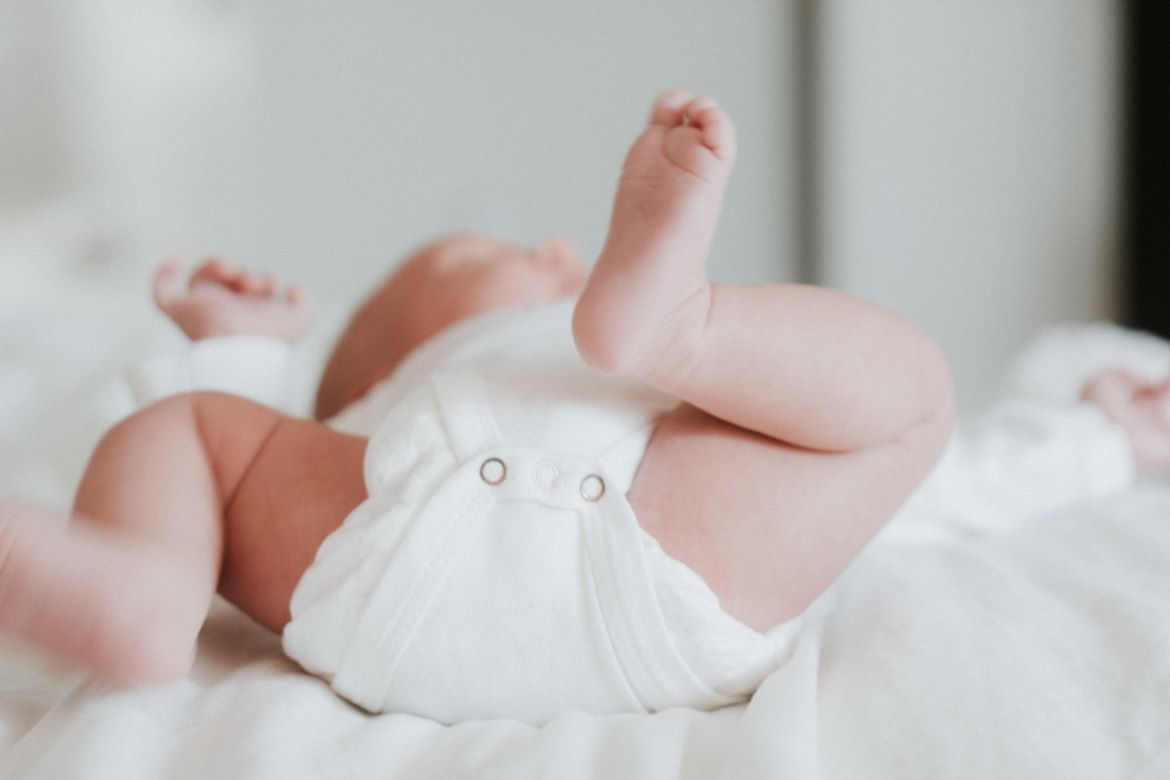By Megan Colville
This is one of the most common questions I hear from women in my practice as a lactation consultant. It is very normal to wonder if your baby is getting enough breastmilk and it can be difficult to tell, especially since we can’t exactly measure how much breastmilk a baby has while breastfeeding. Luckily there are ways to tell if your baby is getting enough milk.
It is very normal to wonder if your baby is getting enough breastmilk and it can be difficult to tell, especially since we can’t exactly measure how much breastmilk a baby has while breastfeeding.
Output
What goes in, must come out. Your baby’s urine and stool output are an important measure of what they drink. From when they are born until a week of age, your baby’s urine output should match their age (for example, one day old: one urine; three days old: three urine). Once your baby has reached a week of age, you can expect your baby’s urine will be clear and they will have five to eight large, wet nappies per day. Your baby’s stools are a little different. In the first week, the colour and consistency of your baby’s stool is a more important measure of wellbeing than how many dirty nappies your baby has. Once your baby has passed meconium (the thick, black tar-like first stool), their stools should transition from black to dark green, light green, mustard, and finally yellow. The consistency should change from thick and sticky, to looser, and finally reaching mustard-seed like texture. In the first six weeks, it is normal for your baby to have many stools in a day, and it may feel like you are constantly changing their nappy. Beyond six weeks, your baby could continue to have many stools, or it may reduce to one a day. Babies who are exclusively breastfed may have 10 stools in one day or go 10 days without a stool as they get older – both can be normal. Importantly, a baby having any formula should have at least one stool per day. You will learn your baby’s normal bowel movements as they grow and if you have any concerns, speak with your health care provider.
Once your baby has reached a week of age, you can expect your baby’s urine will be clear and they will have five to eight large, wet nappies per day.
Behaviour
Before we discuss behaviour, it is important to highlight that every baby is unique and will behave differently, especially when talking about settling and sleep. However, after a feed, most babies will settle or sleep for at least a small amount of time. In an ideal world, your baby may sleep for between one to four hours in the first six weeks. This may extend as your baby grows; however, this is very dependent on your baby, their age, if they are experiencing a growth spurt or many other factors. Importantly, your baby should be easily rousable and alert and active when awake. If at any stage your baby appears lethargic, or you have difficulty waking your baby, immediately seek medical review.











